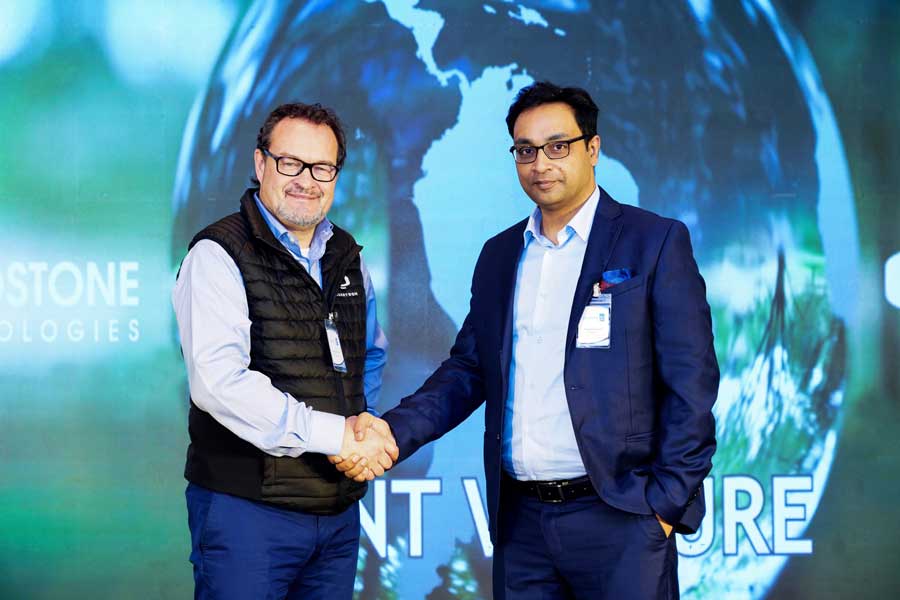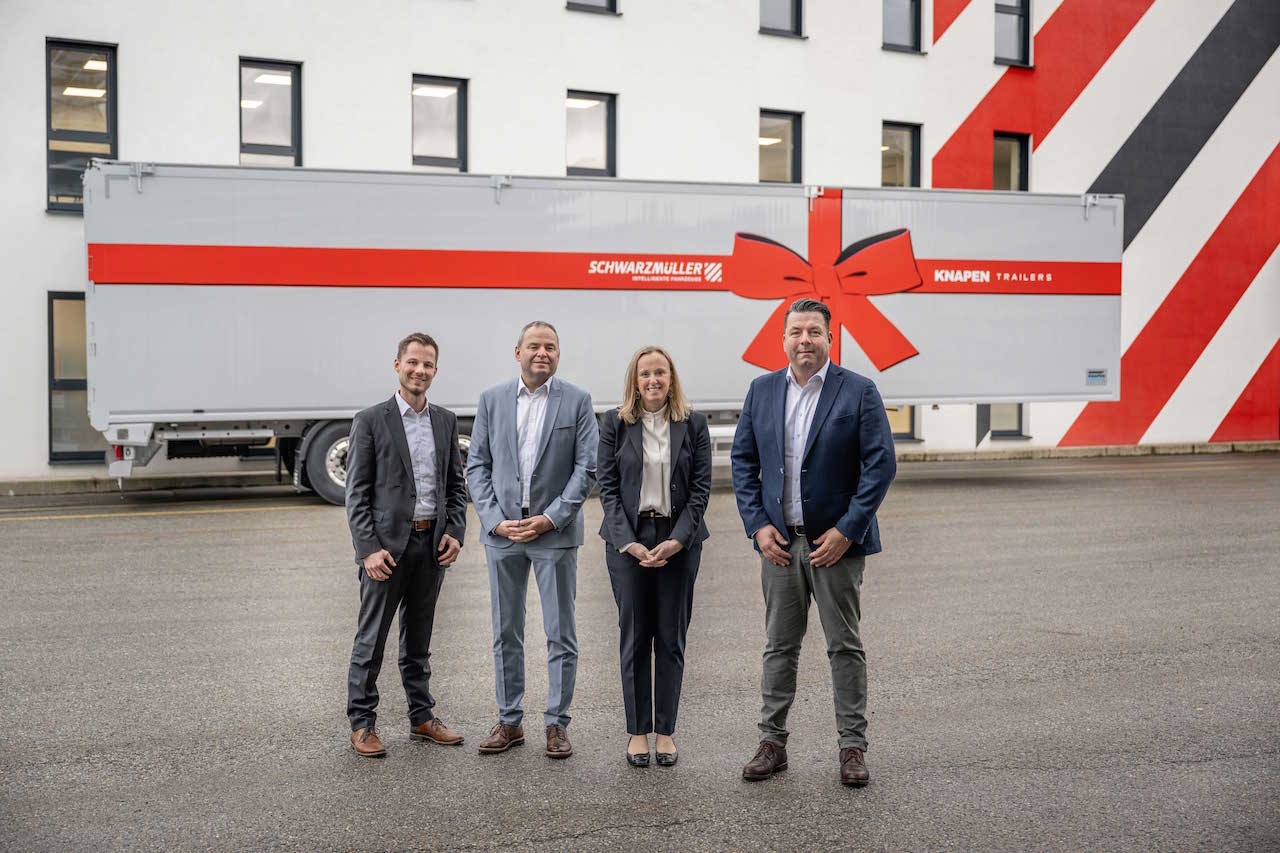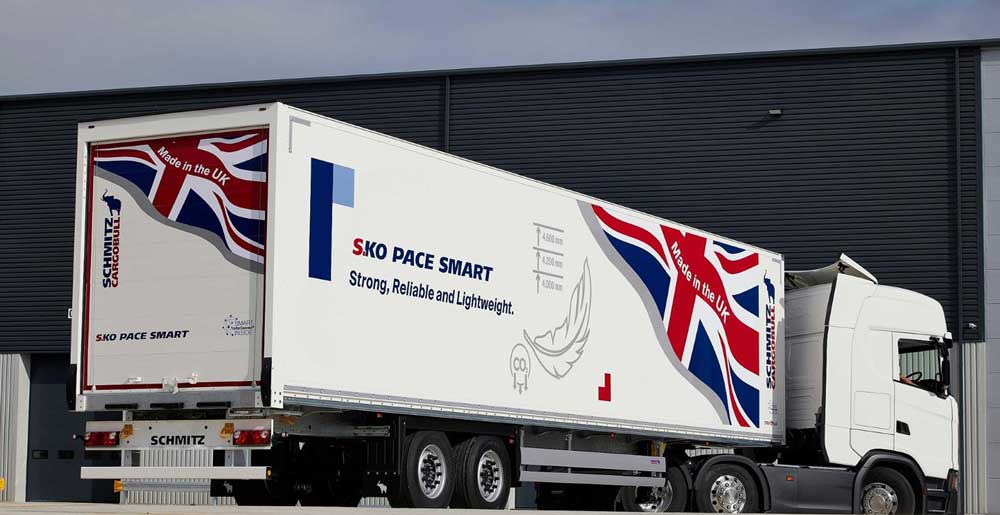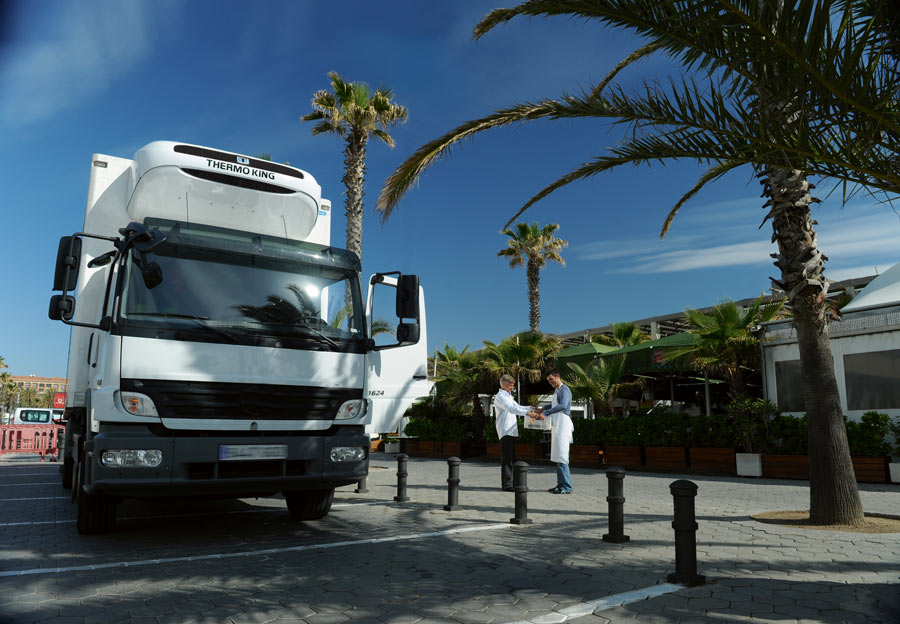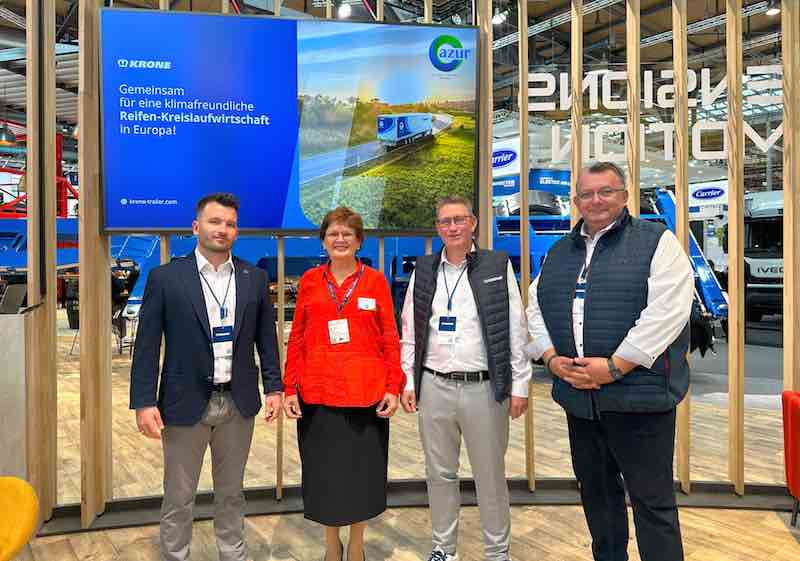The clean tech company Quantron AG, a specialist in sustainable passenger and goods transport, presented a new line of business at the Greentech Festival from 15th to 16th June in Berlin.
Together with Goldstone Technologies (GTL), a leading Indian company for business intelligence, data and analytics, Quantron AG from Augsburg is entering into a joint venture known under the name ROQIT. The aim of the joint venture is to develop a digital transaction platform that will serve as the digital backbone of Quantron-as-a-Service (QaaS) in the future. In addition, AI-driven software solutions will be developed for the rapidly ramping up zero-emission fleet management market, that can be used independently of the manufacturer.
Minister of State Dr. Florian Herrmann, Head of the Bavarian State Chancellery, sees great opportunities with AI in the mobility sector: “Mobility of the future will only become a reality through the broad application of AI. It is only through AI-based efficiency and optimization solutions that we will be able to implement zero-emissions solutions globally. With the High-Tech Agenda, the Free State of Bavaria is investing a total of 5.5 billion Euros in future fields such as AI, quantum technology or CleanTech. In this way, we are creating a unique ecosystem; the best conditions for the forward-looking joint venture between QUANTRON and Goldstone Technologies and for the broad roll-out of AI in the mobility sector.”
The joint venture will operate from Augsburg and Hyderabad, India. A US facility is to follow by the third quarter of 2023 in order to address the global market for zero-emission solutions.
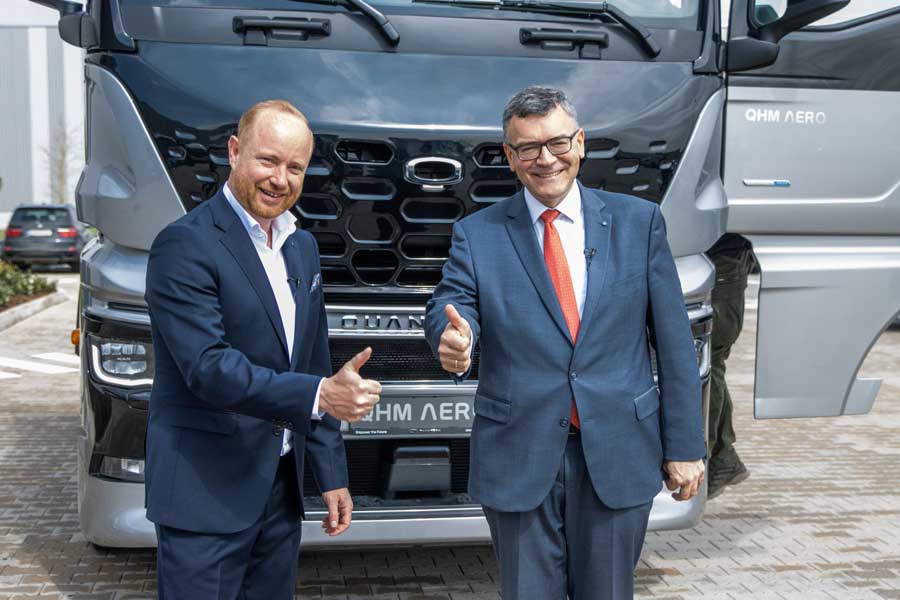
Jayesh Ranjan, Principal Secretary of the Industries & Commerce (I&C) and Information Technology (IT) Departments of the Telangana government, stated: “This joint venture between Goldstone Technologies and Quantron AG is a testament to the global potential of Hyderabad’s IT industry and the state’s commitment to sustainable growth. We are confident that this collaboration will lead to the development of innovative zero-emission solutions that will address the growing demand for clean and efficient transportation in India and around the world. The collaboration between GTL and Quantron AG is an excellent example of how international cooperation can lead to innovative solutions that address global challenges.“
The integrated platform will consist of five digital pillars, namely fleet management, insurance-as-a-service, hydrogen economy, greenhouse gas accounting (GHG quotas) and data insights. The software offers a fleet overview dashboard, driver management, journey information, geo-fencing, charging or refuelling infrastructure management, smart navigator, carbon credit tracking, roadside assistance, reporting module and a mobile driver app. No other active digital solution offers a greater range of services and transparency.
“The factors that distinguish this Digital Platform are that it is Partner Agnostic, Modular and OEM Independent. Data Insights, which is a crucial pillar, is estimated to reach a global market value of $71 Bn (INR 5.9 Lakh Crores) by 2032. Our contribution to this partnership will be to help customers drive impactful change through data-backed analytics to enhance their business through BI and Analytics Full Stack capabilities and Service Offerings”, according to Pavan Chavali, Managing Director of GTL.
The joint venture of GTL and QUANTRON can already offer AI-supported solutions for fleet management for ensuring vehicle fleets can be operated more sustainably and efficiently.
The demand for software-based efficiency and optimisation solutions is particularly noticeable in Europe, USA, India and Middle East. The first customers of the joint venture are QUANTRON AG and ETO Motors from Hyderabad, India.
Michael Perschke, CEO of Quantron AG: “We are looking forward to this partnership with GTL in a bid to address the Fleet Management market which is projected to exceed $70 Billion by 2032, combined with the Hydrogen Economy market that anticipates over $320 Billion in global investments by 2030. The Indian ecosystem also presents a huge opportunity in this area, which would provide us the necessary expertise to make inroads into the global marketplace.”


